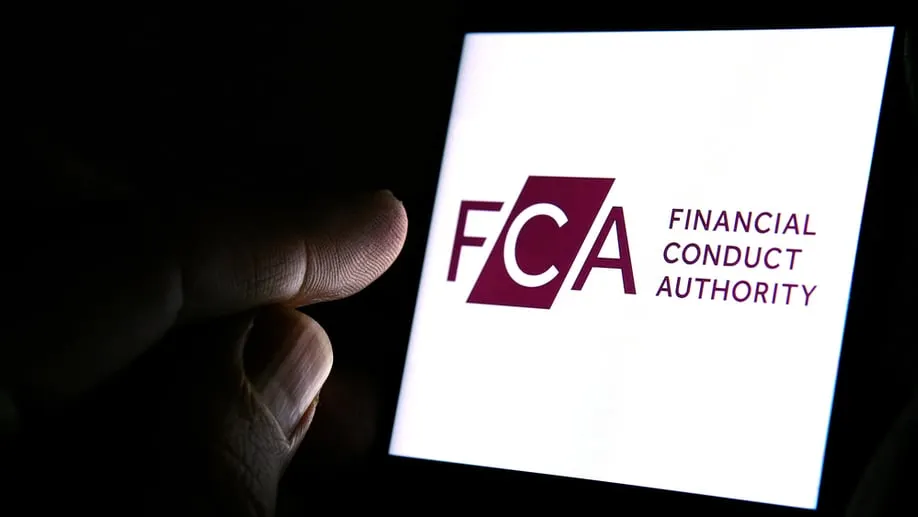U.K.’s Next Government Must Act Fast to Regulate (and Retain) Crypto Firms

The U.K. election is July 4, and polls indicate a new Labour government is inevitable. The crypto ecosystem in the U.K. has grown steadily under various, almost exclusively Conservative, governments since the birth of Bitcoin 15 years ago. So what does this change in leadership spell for the future of crypto?
Laura Navaratnam is the U.K. policy lead for the Crypto Council for Innovation. The views expressed in this column are those of the author and do not necessarily reflect those of CoinDesk Inc. or its owners and affiliates.
Prior to the election announcement, the industry had grown accustomed to a government that, as of late, generally understood and supported crypto. In 2022, John Glen, the Economic Secretary to the Treasury (also known as the City Minister) pledged to make the U.K. a global hub for crypto-asset technologies. This vow was repeated by his successors Andrew Griffith in 2023 and, most recently, Bim Afolami, who has urged regulators to take care in policing the crypto industry to make sure its success isn’t “undermined.” Broad powers were introduced in the Financial Services and Markets Bill bringing stablecoins within the regulatory purview of the Financial Conduct Authority, and clarity on the treatment of staking was promised. Now, with Labour polling around 41%, we are days away from a wholesale change in 14 years of Tory leadership.
Labour published its manifesto two weeks ago. There were no references to digital assets or anything adjacent. More surprisingly, there was no reference to financial services entirely. We can only assume Labour has not developed a position on crypto and blockchain technologies – but this will need to change quickly. Fortunately, there are some areas where Labour could quickly make positive impacts without having to commit huge amounts of time or resources.
Finalize regulation on stablecoins. In order for regulators to consult on rules, the next government must lay the final legislative instrument to bring stablecoins within the regulatory perimeter. Based on previous promises that this would be done by the summer, the legislation is likely ready and waiting. The incoming Labour government needs to rely on its Treasury policy experts and pass this legislation.
Regulatory clarity on staking. Again, this is an area where the industry has been promised clarity. As staking is a fundamental activity which ensures the continued security and evolution of blockchain networks, where and how it might be captured by financial services regulation is crucial to understand and get right.
Guidance on financial promotions. The so-called FinProm rules have been effective for six months, and the territorial breadth combined with rigorous specificity is creating regulatory daisy chains across the industry, as firms with debatable relevance fall under its purview. It’s time to review the original policy intention and give the industry clarity on what is and isn’t in scope.
The digital assets ecosystem isn’t going away. Regulators globally understand that to maintain a competitive market, they must embrace Web3 and crypto assets, and introduce robust but proportionate regulatory regimes to manage the new reality.
Without swift and decisive action from the new government, the U.K. will fall from a global leader in innovation to a fast follower behind jurisdictions like the European Union and southeast Asia, where regulatory regimes are in place. Such concessions are hard, perhaps impossible, to claw back.
Edited by Marc Hochstein.
Disclosure
Please note that our privacy policy, terms of use, cookies, and do not sell my personal information has been updated.CoinDesk is an award-winning media outlet that covers the cryptocurrency industry. Its journalists abide by a strict set of editorial policies. In November 2023, CoinDesk was acquired by the Bullish group, owner of Bullish, a regulated, digital assets exchange. The Bullish group is majority-owned by Block.one; both companies have interests in a variety of blockchain and digital asset businesses and significant holdings of digital assets, including bitcoin. CoinDesk operates as an independent subsidiary with an editorial committee to protect journalistic independence. CoinDesk employees, including journalists, may receive options in the Bullish group as part of their compensation.
Laura Navaratnam is director of Gattaca Horizons.

Published on Other News Site















